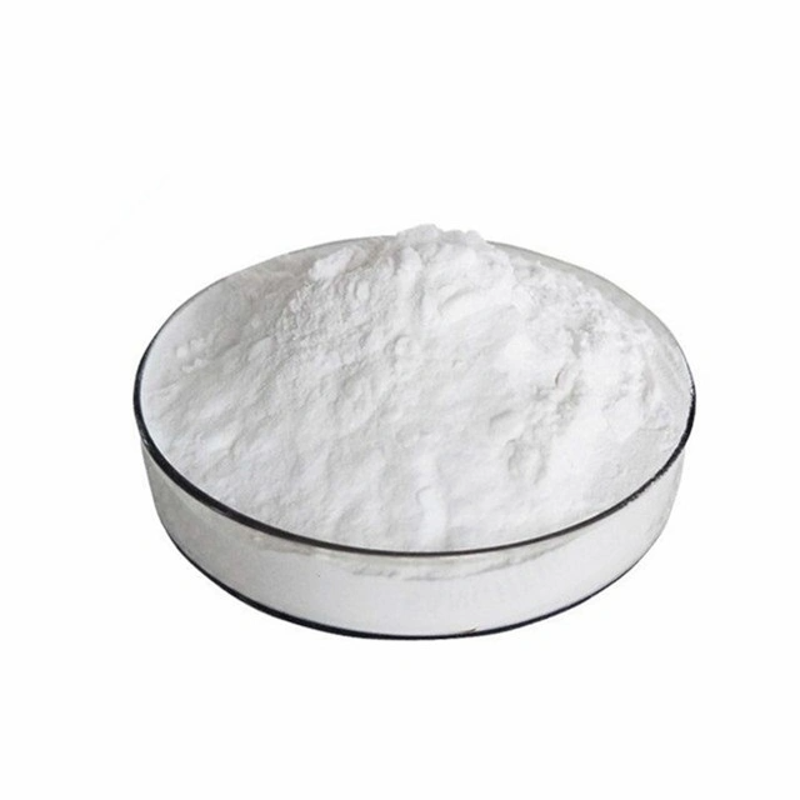-
Categories
-
Pharmaceutical Intermediates
-
Active Pharmaceutical Ingredients
-
Food Additives
- Industrial Coatings
- Agrochemicals
- Dyes and Pigments
- Surfactant
- Flavors and Fragrances
- Chemical Reagents
- Catalyst and Auxiliary
- Natural Products
- Inorganic Chemistry
-
Organic Chemistry
-
Biochemical Engineering
- Analytical Chemistry
- Cosmetic Ingredient
-
Pharmaceutical Intermediates
Promotion
ECHEMI Mall
Wholesale
Weekly Price
Exhibition
News
-
Trade Service
Ref: Ma R,et al.J Neurosurg Pediatr.
2018 Mar;21 (3): 278-283doi: 10.3171/2017.9.PEDS17360Epub 2018 Jan 5.)intracranial pressure (ICP) monitoring is usually monitored by converting brain indoor pressure through an outdoor drainage deviceThe method has certain risks and complications, such as inaccurate position of the exodraintube, intracranial infection and intracranial hemorrhageAt present, the intra-brain fiber ICP monitor has entered the clinical application, its implantation method is simple, the incidence of complications is low, favored by neurosurgeonsA comparative study of brain-level ICP surveillance and brain-substantive ICP surveillance showed a low overall incidence of complications in brain-real ICP surveillance, at 4.4% to 29.4% (p 0.01), especially the lower incidence of infection, 0.8% vs9.2% (p.01)However, brain-real ICP monitoring also has shortcomings, if intracranial pressure exceeds normal values, brain-real ICP monitoring can not be the therapeutic effect of cerebrospinal fluid drainage, and brain displacement can cause ICP numerical instabilityIn particular, there was very little research data on ICP monitoring in the brain room and in the brain in pediatric patientsRuichong Ma of Neurosurgery at John Radcliffe Hospital in the UK reports on the experience of brain-real ICP surveillance in pediatric patients, published online in January 2018 in J Neurosurg Pediatrthe study reviewed 385 children who were monitored for brain-substantive ICP between 2005 and 201532 cases (8.3%) showed complications, of which 4.2% were hardware problems, 3.6% had cerebrospinal fluid leakage, 0.5% were bleeding after surgery, and 0.3% were infected after surgery Only children with hardware problems need to have resurgery and have no disability or death due to surgery Younger children (p.001) and secondary children with high cranial pressure (p-0.04) are more likely to develop complications There was no significant difference in the incidence of complications in children with neurosurgery and craniofacial disease, at 7.6% vs 8.8% (p-0.67) therefore, the authors believe that for pediatric neurosurgery patients, the brain substance ICP monitoring is safe and simple, the incidence of complications and disability rate are low (First Hospital of Fuzhou Serena compiled, Professor Wang Zhiqiu , of Huashan Hospital affiliated with Fudan University, editor-in-chief of "Outside The God Information" and Of Fudan University affiliated Huashan Hospital, Professor Chen Jicheng ) related links







